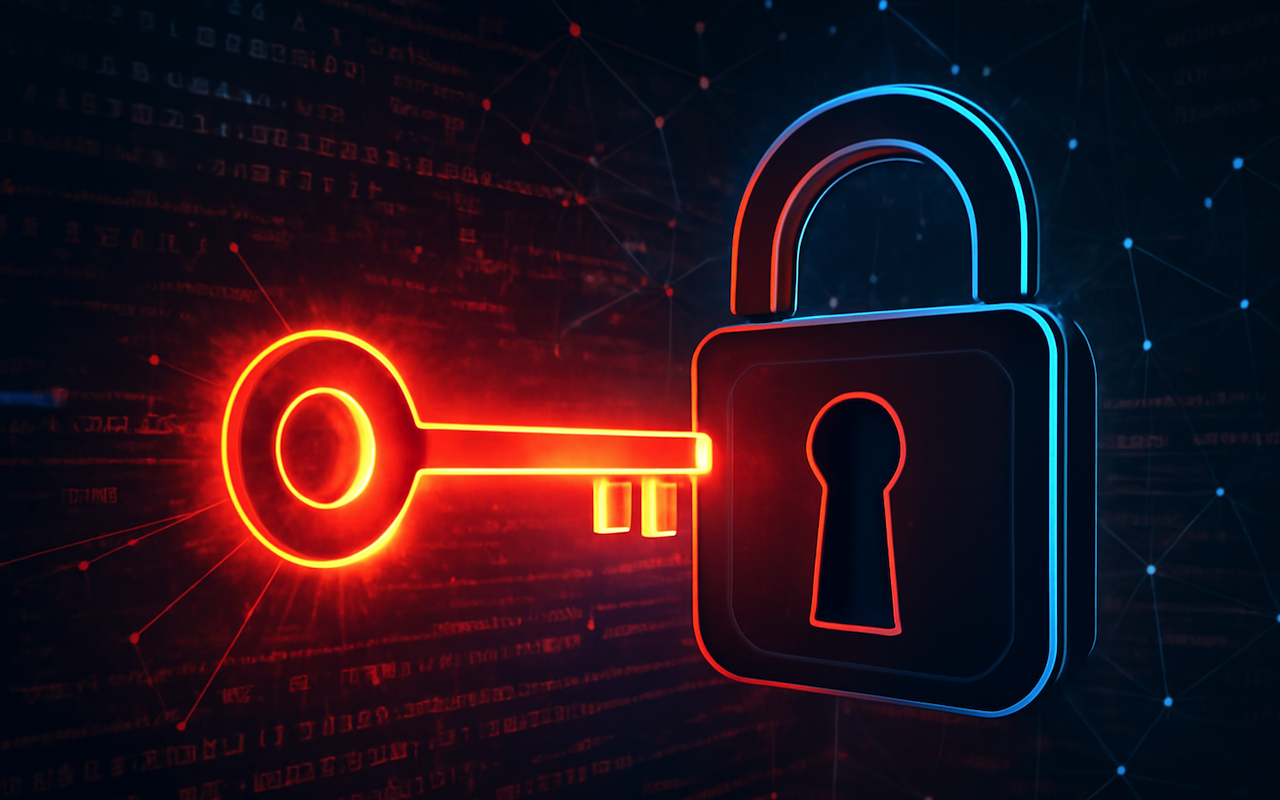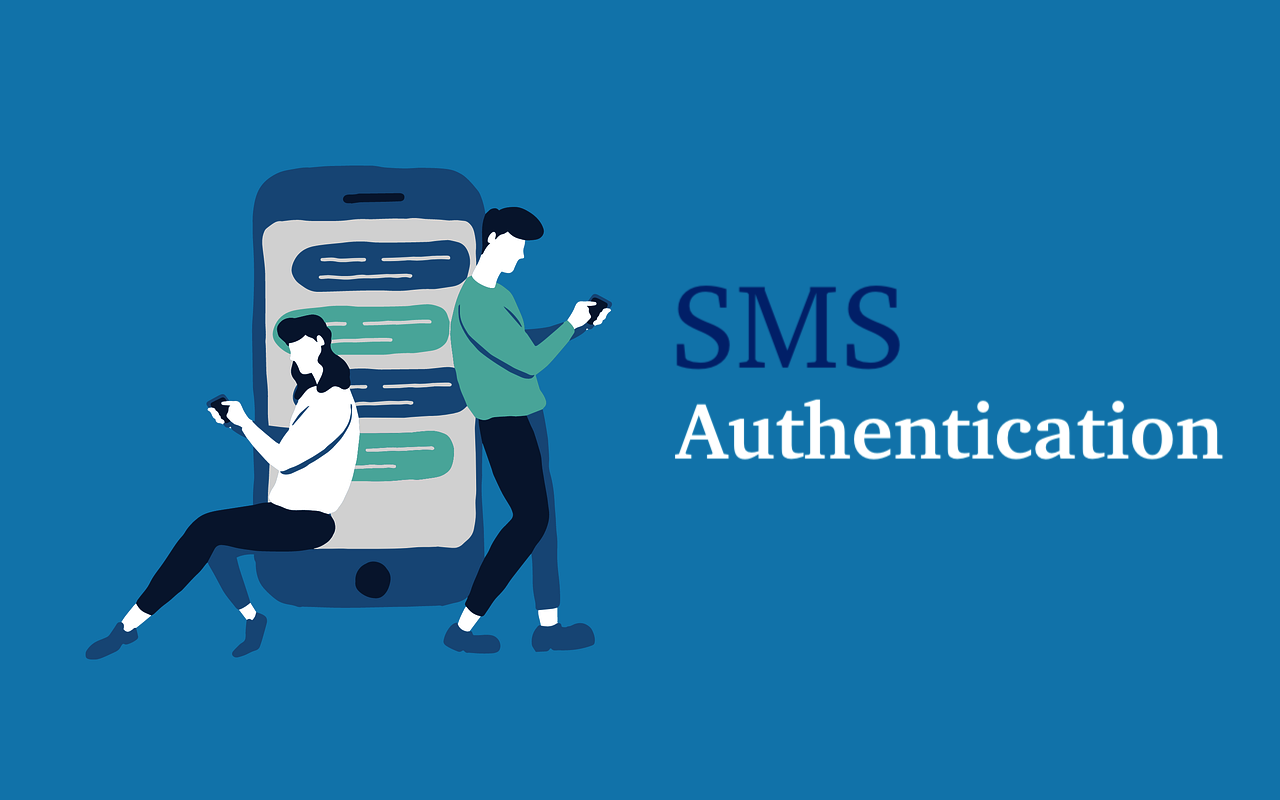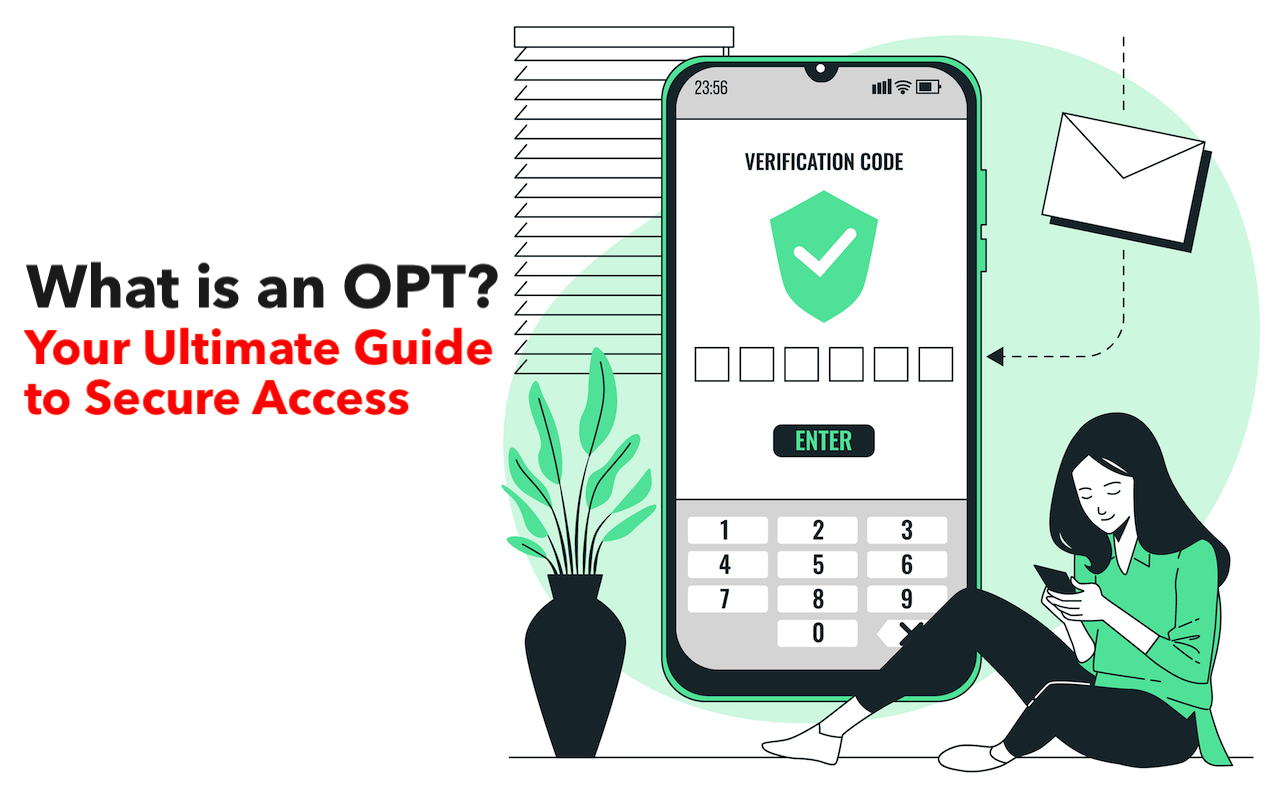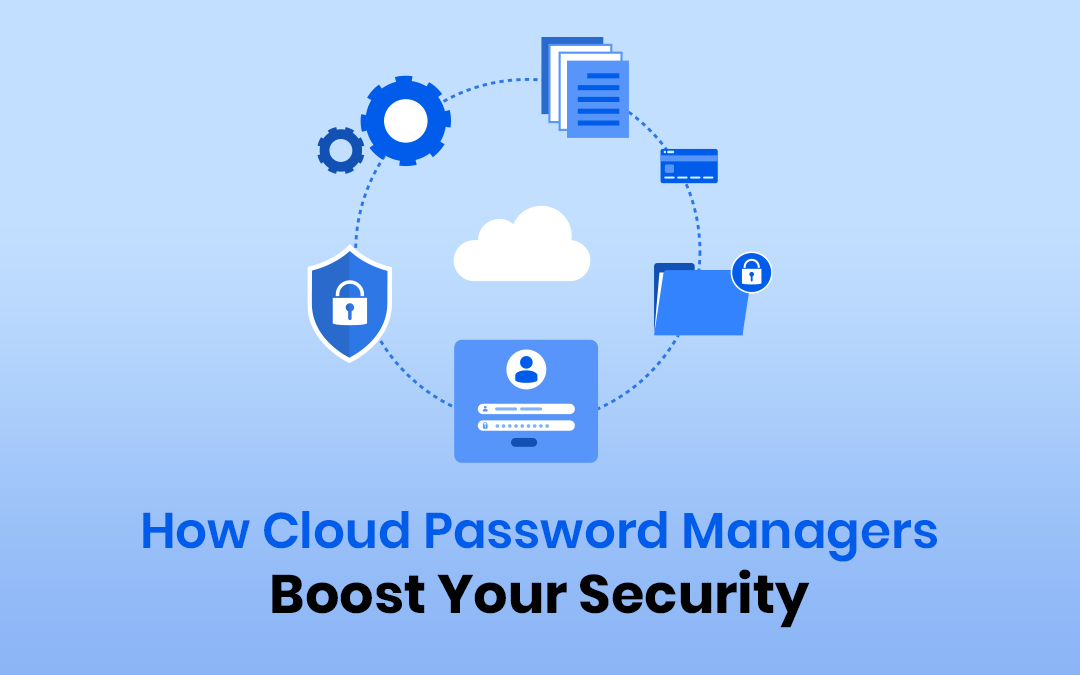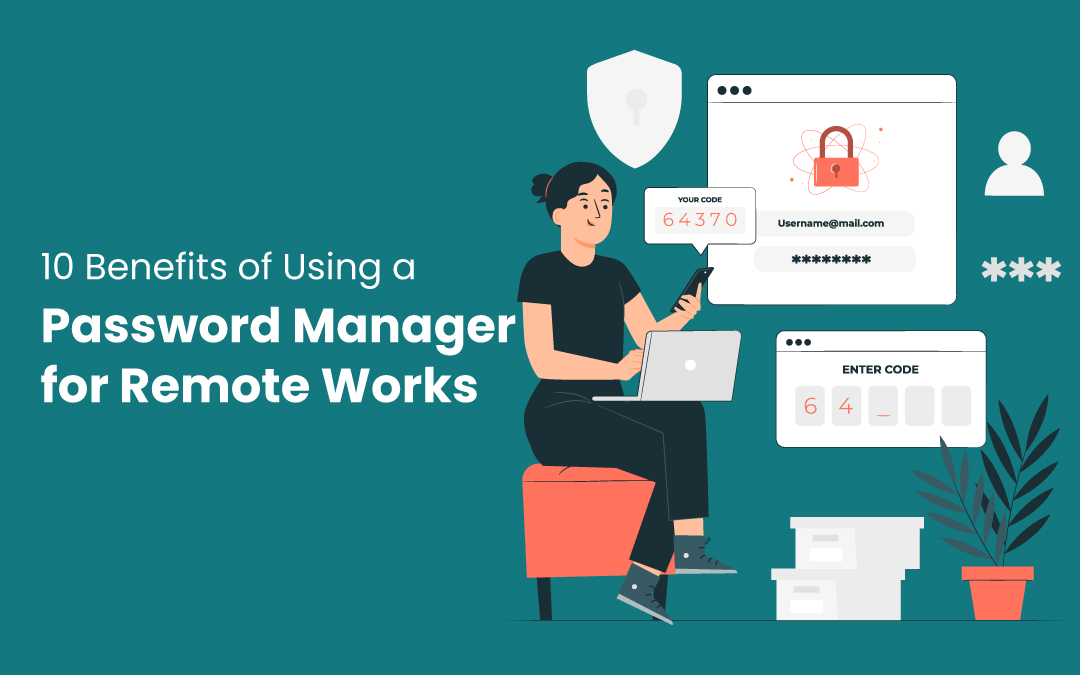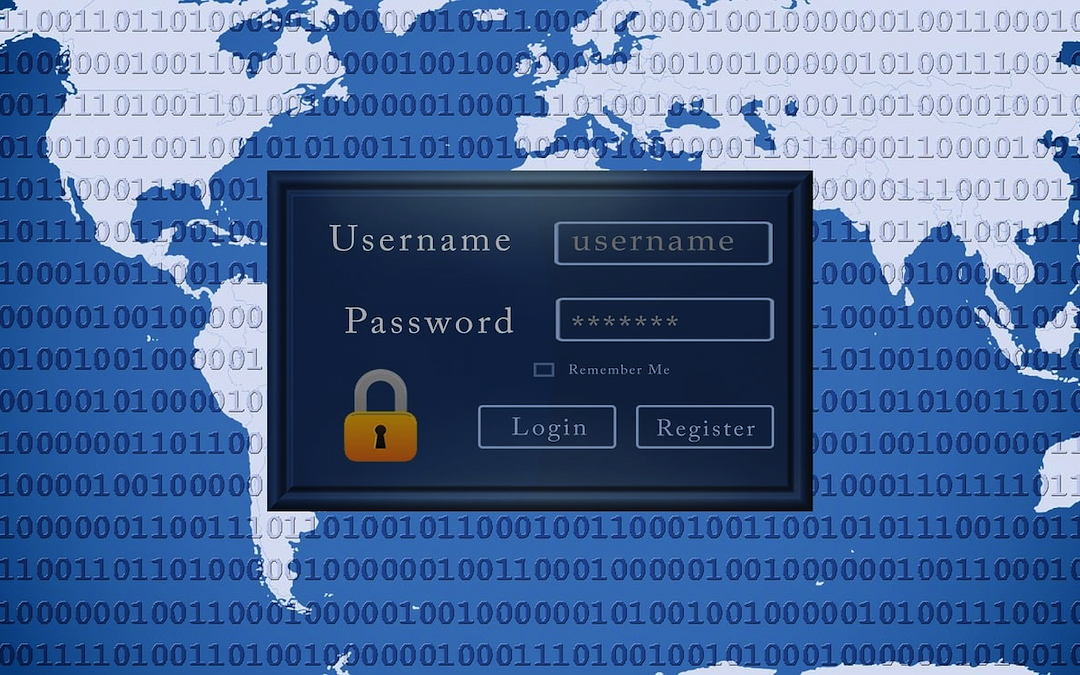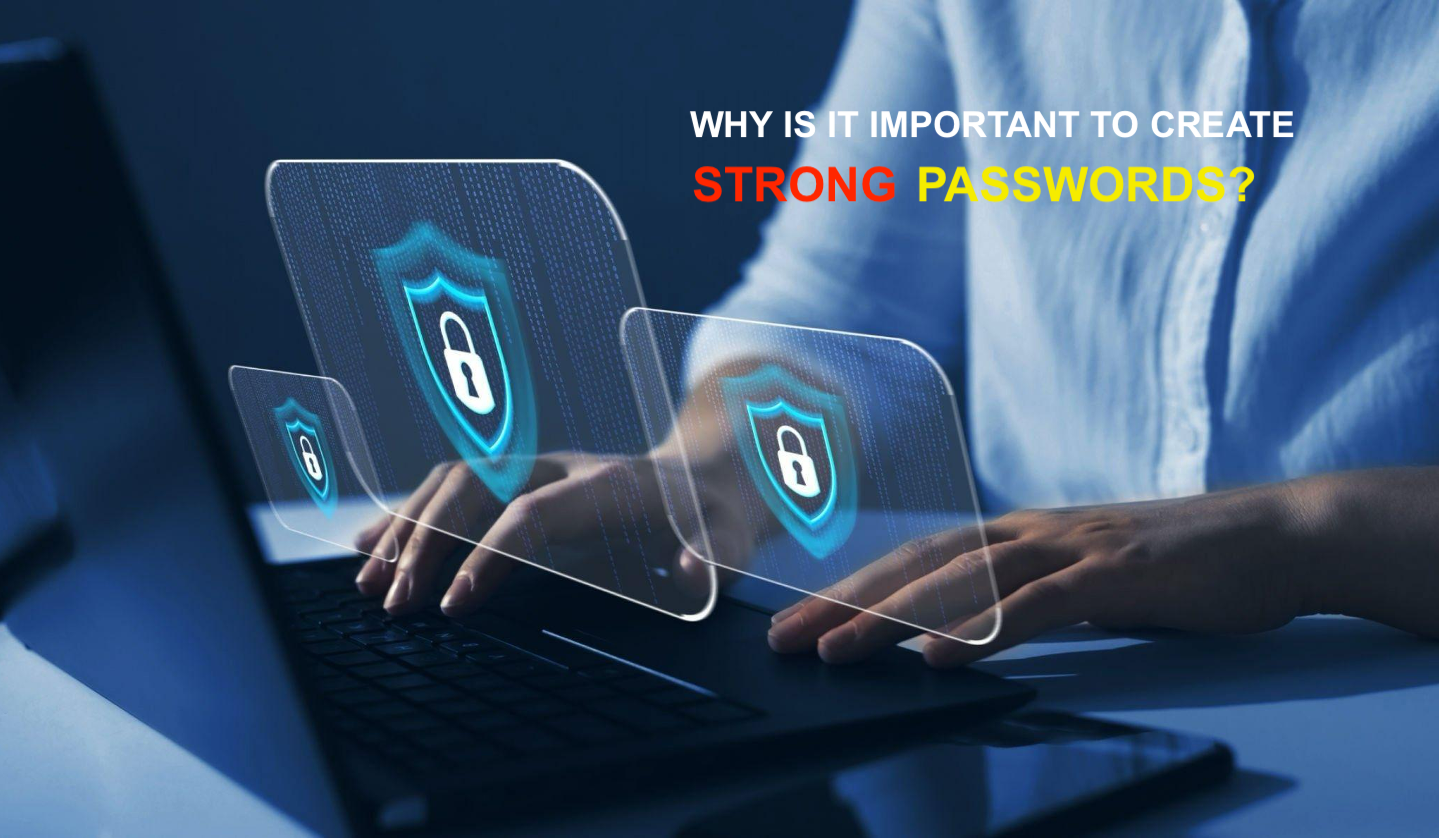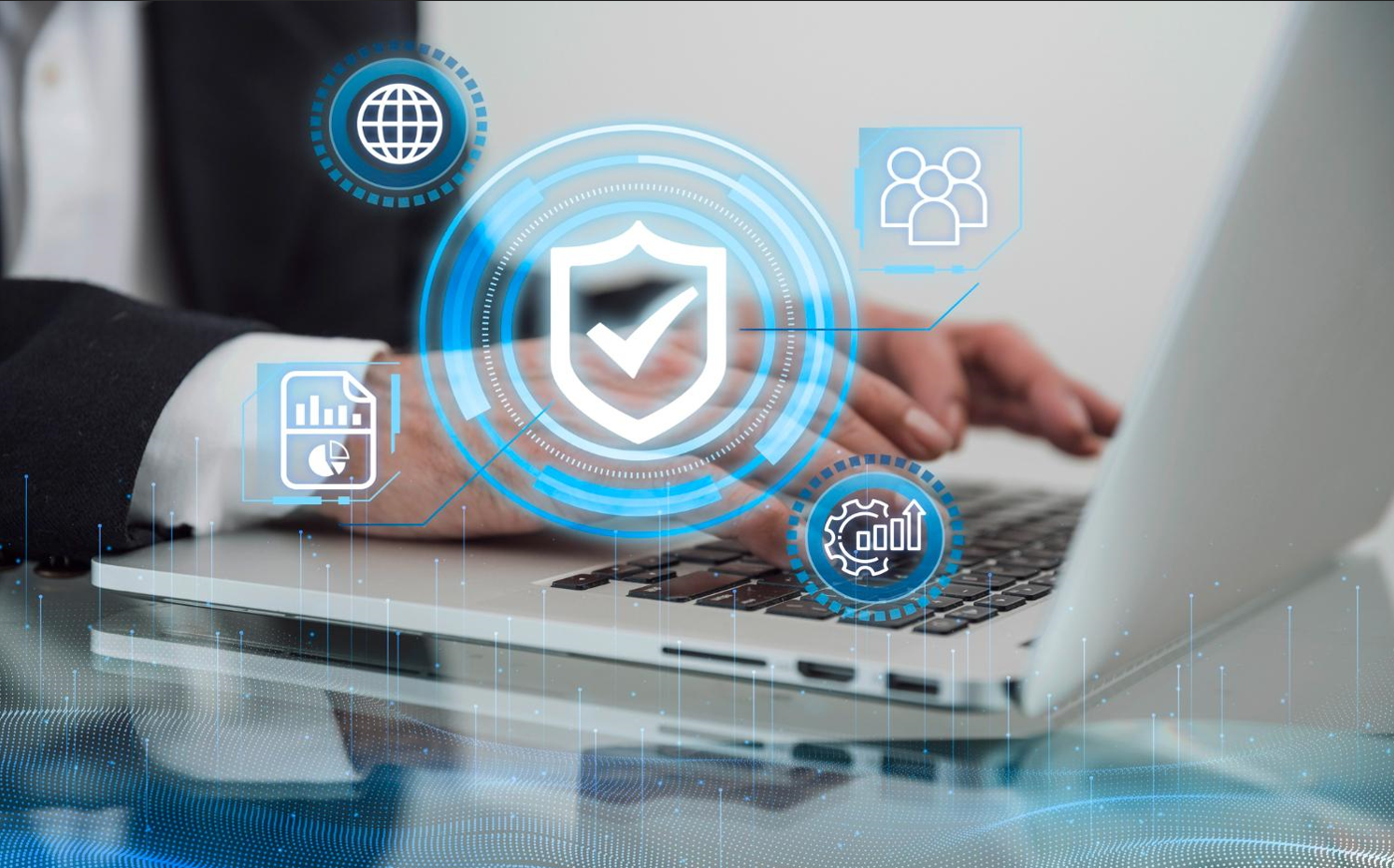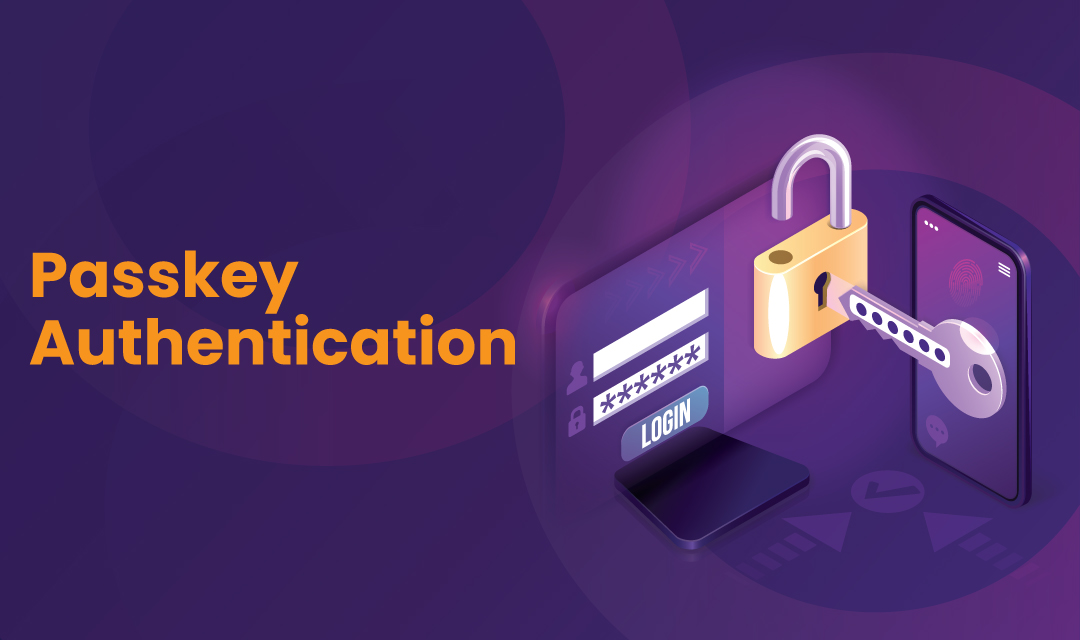
In today’s digital economy, where data breaches and identity theft dominate headlines, business leaders must prioritize secure, scalable, and user-friendly authentication systems. Passwords—long the default for protecting enterprise data—are no longer enough. Passkeys represent a next-generation authentication method that is secure, seamless, and resistant to phishing. For decision-makers who value legal compliance, trust, and discretion in data handling, passkeys provide not just a technical solution, but a strategic advantage.

